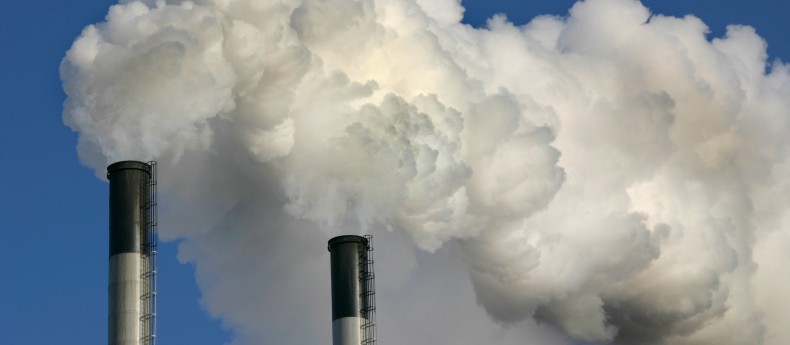
Breathing in Beijing
Air pollution is an unfortunate reality for all of us in China as only 1% of all cities meet the World Health Organization’s guidelines for healthy air. Beijing’s air is particularly notorious (and is worse than Shanghai or Guangzhou), but Beijing actually isn’t near the top 10 of the world’s most polluted cities. This fact shows that air pollution, far from just a China problem, is all too common in most developing countries, especially India.
Recently, the Chinese press greatly expanded their coverage of air pollution. However, there are still quite a few myths and misperceptions about air pollution, which I would like to attempt to clarify below. My ultimate goal is to provide the evidence so that we can make healthcare decisions based on facts, not fiction.
Fact or Fiction: A day of breathing Beijing air is like smoking a pack of cigarettes.
This is fiction. I often hear apocalyptic statements about air pollution, especially the idea that breathing Beijing’s air is like smoking a pack a day. This statement is a bit extreme. I did my own data analysis and found that the total amount of small air particles (PM2.5) we breathe each day is far less than one pack. In fact, it is only 1/6 of one cigarette. This amount of exposure is about the same as secondhand smoke. That finding surprised me, but I think the larger message is that any amount of smoking, even “light” smoking, is far more serious and lethal than living in the heaviest pollution in the world. From this perspective, perhaps Chinese public health would benefit more from drastically reducing smoking rates than from focusing on expensive industrial fixes to lower ambient pollution.
Fact or Fiction: Living long-term in polluted cities shortens life expectancy.
This is fact, but with many caveats. Living in any city with high air pollution does reduce life expectancy, but every city in the world affects your health in good and bad ways. Living long -term (more than six years) in a city with air similar to Beijing gives you a 32-49% increased risk of pollution-related death than living in a city that has perfectly clean air. It’s important to consider the risk in the context of compare this risk to other cities. For example, residents of Los Angeles have a 16% greater risk, while citizens of Paris and San Francisco have a 20% and 13% greater risk, respectively.
Fact or Fiction: Children’s lungs are more vulnerable to air pollution.
This is an unfortunate fact. The better studies, especially a few from Los Angeles school systems, have shown air pollution can cause small but permanent lung damage to a growing child’s lungs. This is actually my main concern here in China, and I hope all parents take this risk seriously and reduce their children’s risks as much as much as possible, especially by buying a good HEPA-certified (HEPA = high-efficiency particulate air) air purifier for their child’s bedroom. These filters, when used in small rooms with the doors closed, can filter up to 99 percent of air particles. I also feel that all school systems should have an air pollution action plan, which limits outdoor activities depending on the hourly Air Quality Index.
Fact or Fiction: Air purifiers are effective in reducing your exposure.
This is a fact, and that’s good news for those of us who feel helpless about air pollution. We tend to focus on the outdoor air quality, but don’t forget that we all spend about 90% of our lives indoors. Indoor air pollution is likely to be about 50-80% of outdoor levels. So while you may feel helpless about air pollution, you still have control over 90% of your exposure. That control mostly involves good quality indoor air purifier systems, whether stand-alone or built into your central HVAC (heating, ventilation and air-conditioning). I consider air purifiers a wise investment. These HEPA filters are rated to filter out more than 99% of all particles larger than 0.3 microns, which covers not only the most dangerous particles but also viruses, bacteria and many dangerous indoor chemicals. I’ve done some real-world testing on a few of the most popular brands and found that all models were extremely efficient in small rooms with doors closed, removing 95-99% of all particles. That means that even on “crazy bad” nights, your bedroom will be a safe oasis. Simply running a good purifier at night automatically decreases your lifetime exposure to pollution by one-third — in any city you live in.
To summarize, I’ve lived in Beijing for more than five years practicing Family Medicine, and while I do take air pollution seriously, I feel that my quality of life and overall health are very high here in China. Don’t panic. Acknowledge the facts. And be smart about air pollution.
Copyright United Family Healthcare 2014 All right reserved - 京卫网审[2014]第1927号 - 京ICP备13017554号-4



